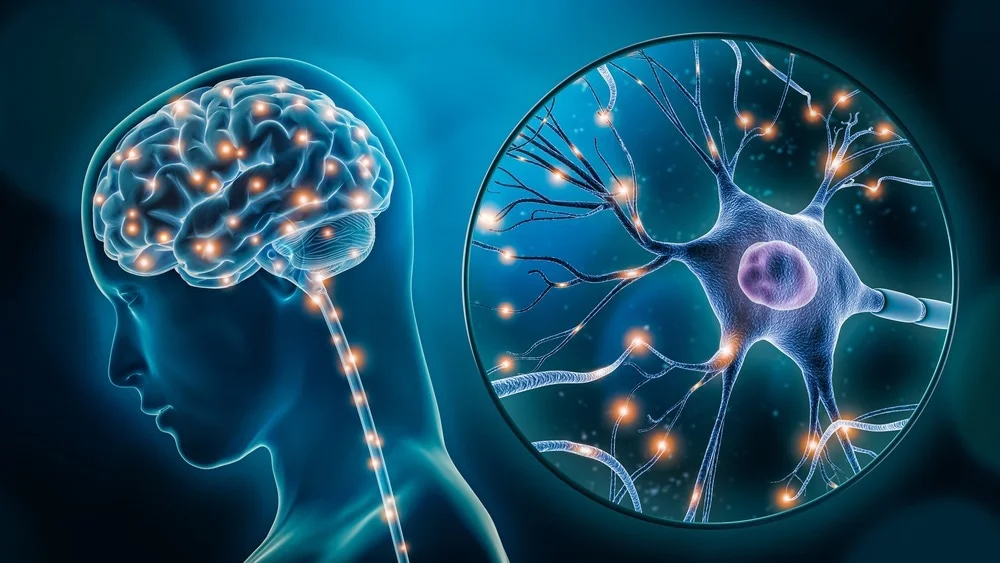In a new groundbreaking study, it was discovered that blue and great tits, diminutive songbirds whom one could often see flitting around in gardens, had an extraordinary capacity for episodic-like memory; a cognitive trait earlier considered to be present exclusively in humans. The remarkable discovery, made by researchers at the University of Cambridge and the University of East Anglia, throws new light on the cognitive capabilities of such small feathered animals and their adaptability.

Until now, it was widely believed that only humans could remember episodes: collections of personally experienced events. The finding provides compelling evidence to the contrary; it appears that even these tiny songbirds have this kind of episodic-like memory, and possibly very many other nonhuman animals as well.
This research is groundbreaking because wild animals rarely take part in such experiments; it, therefore, represents an entirely new opportunity to learn how and what animals think when operating under more natural conditions. Using the latest tracking technologies and specially commissioned software, the research team enabled 94 wild, free-ranging blue and great tits to take part in a series of memory tasks based around automated food containers.
“It is quite remarkable that our results provide the first evidence for an episodic-like memory mechanism in the wild and demonstrate that blue and great tits have a more flexible and accurate memory system than previously assumed,” said first author James Davies from the University of Cambridge’s Comparative Cognition Lab. “These birds are more intelligent than they’ve been given credit for.”
The researchers focused on bluetits and great tits because they are opportunist foragers with generalist diets and hence provide a good opportunity for investigating the potential benefits of recalling ecological detail from singular experiences to help make flexible decisions.
The intricate “temporal feeder” experiment allowed birds to demonstrate their capability of remembering the “what, where, and when” related to their previous experiences, applying this knowledge to a new situation and, therefore, revealing memory.
“The birds were behaving naturally in a familiar environment, so we captured something more realistic than if the birds had been captive,” said Dr. Gabrielle Davidson from the University of East Anglia, the study’s senior author. “It was remarkable to see these birds perform well in our memory tasks while also experiencing many other memories out in the wild.”
